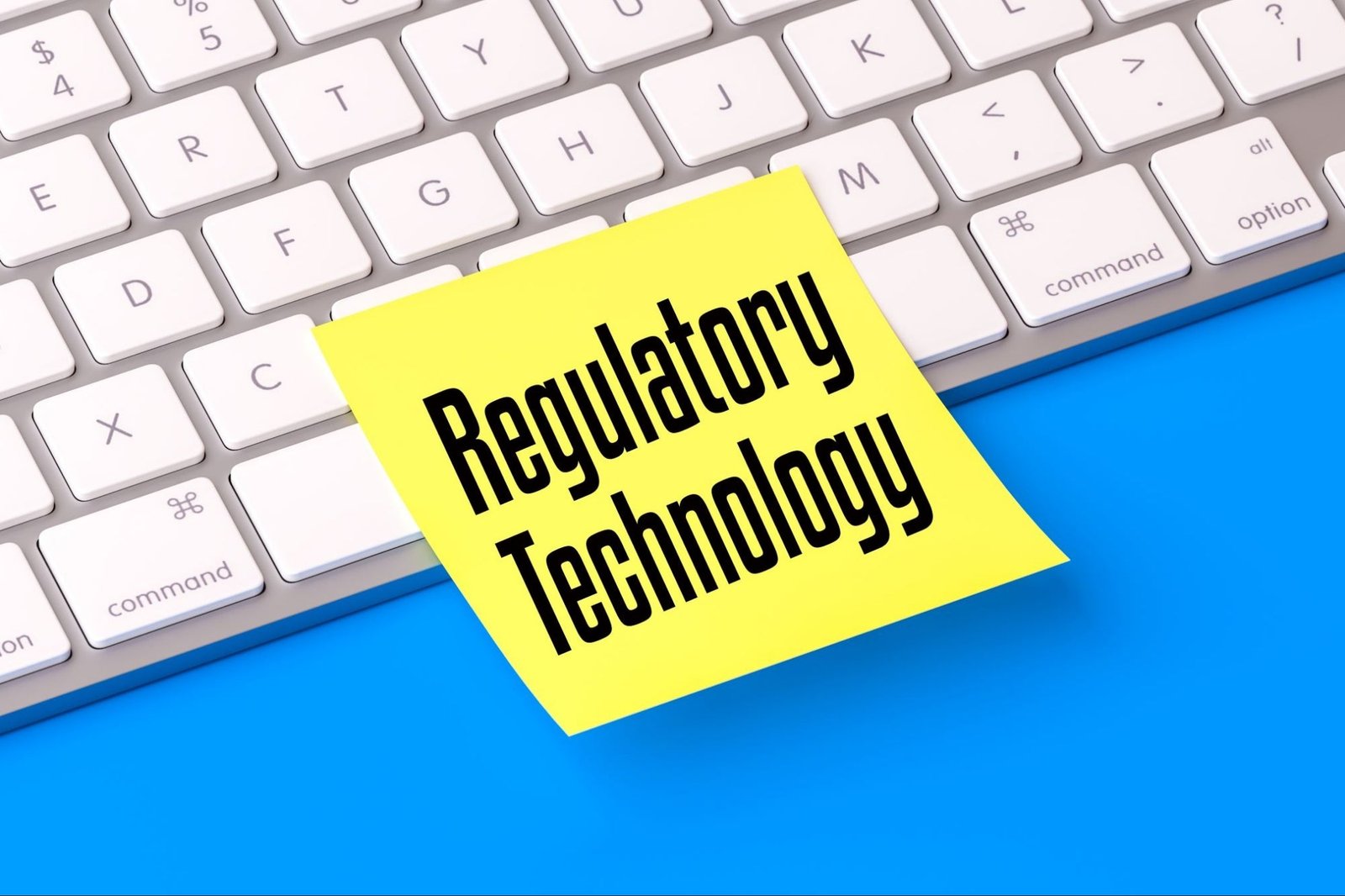Opinions expressed by Entrepreneur contributors are their own.
You’re reading Entrepreneur United Kingdom, an international franchise of Entrepreneur Media.
The world’s digital economy – defined by the International Data Center Authority (IDCA) as representing all economic activities that are reliant on or significantly enhanced by the use of digital technologies – encompassed about 15%of global GDP in 2024.
The regulatory environments accompanying the growth of digital economies are often seen as the enemy of business. However, if these legal environments are fit, with the merits of digital transformation, they can potentially offer opportunities by establishing pathways and guardrails. This particularly applies to entrepreneurs and start ups who can move with more agility than larger enterprises.
Regulations must evolve with close proximity to the speed of the digital transformation they aim to regulate. When they do so, regulated environments can often promote equal opportunities for companies of all sizes, and thus act as a growth lever for startups as well as their larger competitors. Digital transformation expands the need for further regulations. For example, in financial services, there are rigorous needs for regulatory compliance, in an automated world of real-time processing that measures transaction times in microseconds. Cybersecurity is a top-level concern as well. There are big opportunities in increasingly automating compliance, focusing on cybersecurity in both general and specific ways, AI-powered fraud detection, and generating innumerable research reports. The energy sector is yet another highly regulated industry that faces pressure to improve continually, to be more sustainable, and to provide more power for an AI-driven age. Grid management, predictive maintenance, energy consumption optimization, and the absolute necessity of rigorous cybersecurity all present the increasing trend and need for regulations. All of these expanding technology needs require the innovation that entrepreneurial companies are uniquely equipped to develop.
Today, high-end manufacturing continues to contribute almost 200 billion pounds to the UK economy each year and is undergoing its own AI-driven transformation in a regulated environment. Public-sector services also provide opportunities on all fronts. Healthcare in the UK faces demands for AI-enhanced diagnostic tools, personalized treatment plans, and continuous patient monitoring, all of which will be met by innovative companies that can work within the strict environment of national service. In other segments of the public sector, the need to maintain citizen data privacy, the ethical use of AI, the use of AI in national security, and disaster management present areas of improvement for the government and opportunities for companies that can deliver what’s needed.
If established strategically and with care, and integrated with the realities of the technology world, regulations present opportunities for clever developers and entrepreneurs. Aside from restraining and constraining characteristics of laws, smart regulation can offer opportunities that foster growth for startups due to the intrinsic stability they bring to the business environment:
- Protection. With a strong regulatory framework in place, whether legislated or adopted by industry, entrepreneurs are less prone to be bullied out of new markets by larger, existing companies. Trademark and copyright infringements, monopolistic contracts and pricing, and preferential treatment in vendor qualification are all practices that can be heavily discouraged by well-established legal environments and compliance practices.
- Defensibility. Strong regulatory environments enable companies of all sizes to create defensible positioning with their products and services. A market that’s going to evolve naturally through standards rather than unexpectedly in an unregulated environment builds confidence among the customers of entrepreneurs and startups.
- Customer Appeal. In a progressive legal environment, smaller companies can also appeal directly to customers by establishing credibility through following key industry standards and regulations. Compliance with an industry standard gives newer and smaller companies instant bona fides that they would have trouble establishing in unregulated environments.
- Investor Appeal. Securing adequate funding is one of the most difficult challenges facing entrepreneurs. Being able to inform investors that their company complies with industry standards and adheres to regulations – and that this is also appealing to customers – increases the prospects of gaining confidence from potential investors.
- Predictability. As with establishing defensibility, entrepreneurs are better able to make credible roadmaps and execute over the long term if they are confident that their market sectors are stable and predictable and are not going to make unexpected drifts.
- Fair Information. The existence of a fair set of regulations also prevents larger entities from illegitimately obtaining game-changing market and policy information that can be destructive to the growth and prosperity of the startups and the entrepreneurial spirit.
- Ethics. The ethical considerations of technology development and use are coming more clearly into focus within this current AI age. For example, concerns about what massive AI services may be able to do and who will control this newly unleashed power are being addressed by governments, regulatory organizations, and the business world.
Digital transformation expands the existential benefits of regulation to a whole new horizon. Much of this is due to the complexities involved in the digital world, where the absence of economic security and reliability could be severely felt by startups if regulations did not exist. Furthermore, meeting legal compliance requires lawyers, experts, and specialists. This opens paths for further traditional roles and professional services startups while protecting and promoting digital startups.
While unfit and close-minded legal frameworks are a recipe for failure, strategically mapped and up-to-date legal frameworks create opportunities for companies that understand digital transformation and are swift in addressing needs. In this way, open and dynamic regulatory environments within expanding global digital transformation can provide the pathway to success, rather than obstacles, for these agile organizations.





